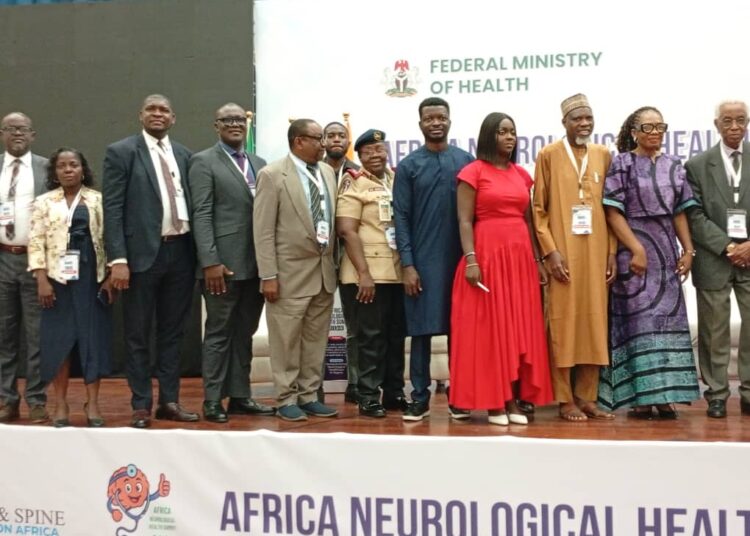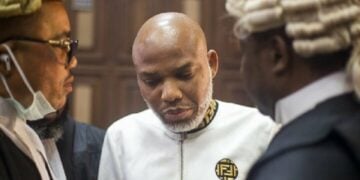The federal government has expressed it commitment to tackling the often overlooked crisis of brain and spine disorders, pledging to integrate neurological care into Nigeria’s primary healthcare system.
This is aimed at ending years of neglect that has left millions without access to diagnosis, treatment, or support.
The Coordinating Minister of Health and Social Welfare, Prof. Ali Pate, stated this on Thursday at the Africa Neurological Health Summit, organised by the ministry and the Brain and Spine Foundation Africa, in Anuja.
Prof. Pate described neurological conditions as a “hidden burden” that has for too long remained under-prioritised, underfunded, and largely invisible in national health policies.
He said, “Millions of Nigerians are living in silence with conditions like epilepsy, cerebral palsy, dementia, stroke, and spinal cord injury, many without access to diagnosis, treatment or even dignity.”
The summit, themed: “Policy and Advocacy in Neurological Healthcare in Africa: Bridging the Gap Towards Achieving WHO-IGAP Goals 2022–2031” brought together neurologists, public health experts, advocates, government officials and patients from across the continent.
Despite affecting over 1 billion people globally, neurological disorders remain off the radar in many African health systems. In Nigeria, the burden is alarming, yet the infrastructure for prevention, care, rehabilitation and social support remained alarmingly thin.
However, the minister said that the federal government will integrate neurological services into the Basic Healthcare Provision Fund (BHCPF) to ensure wider access at the primary care level, and remove cost barriers by introducing tax waivers for neurological medicines and devices.
He also said that the government plans to expand the National Health Insurance Scheme to cover common neurological conditions; include neurological indicators in the National Health Management Information System to track and plan interventions, align national strategies with the WHO Intersectoral Global Action Plan (IGAP) for Epilepsy and Neurological Disorders (2022–2031).
The Founder of the Brain and Spine Foundation Africa, Engr. Chika Okwuolisa, called on the government to establish rehabilitation centers in each geopolitical zone, provide assistive devices like wheelchairs and communication aids, enforce anti-discrimination laws and improve caregiver support and aunch a national awareness campaign to fight stigma and misinformation.





